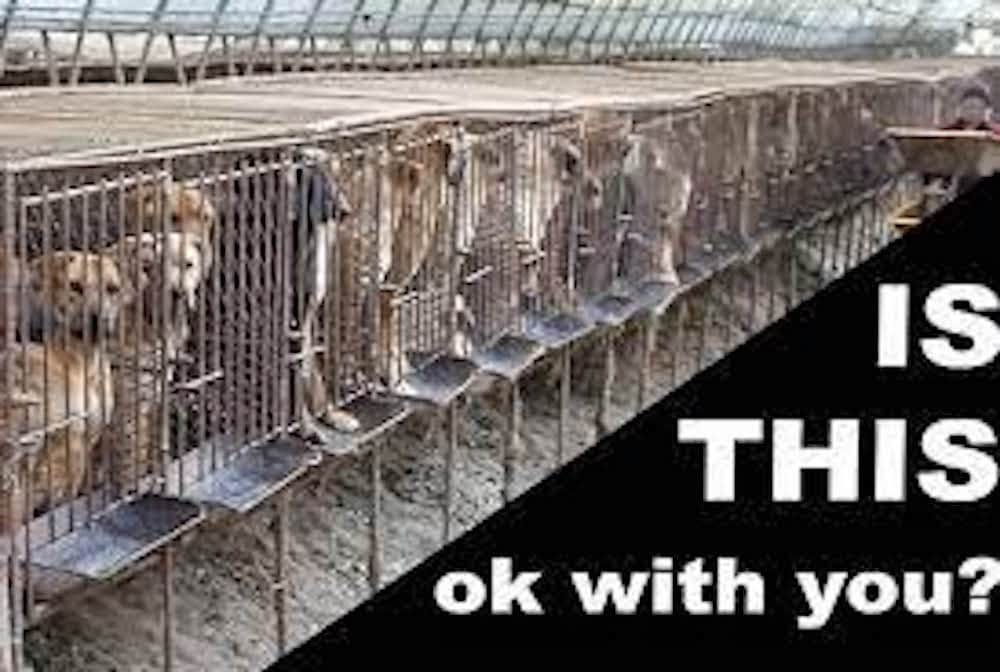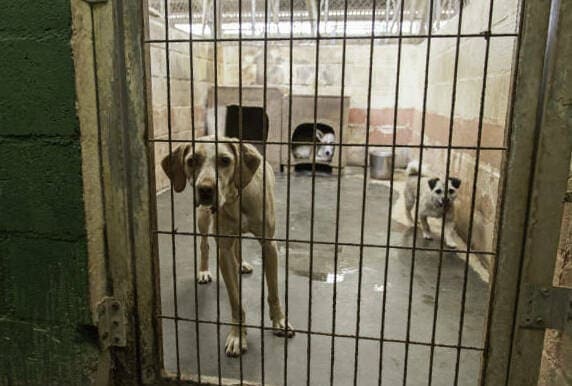Northwest Indiana communities are adopting a humanitarian policy that bans the sale of puppies raised in puppy and kitten mills starting October 2021.
The towns of Dyer and Highland have joined the City of Columbus and St. Joseph County to be among the 1st in the state of Indiana to have a humane pet store ordinance. Passed in Dyer, the policy prohibits the selling of dogs, cats, and rabbits in pet stores. Violators of the ordinance would be fined up to $500 for every violation and $500 per day of continued violation.
The ordinance does not affect breeders, however, and also allows pet stores to collaborate with animal care facilities and rescue organizations to display available adoptable dogs, cats, and rabbits.
Local officials in Highland did not identify specific penalties for violators but said the new law would fall under the general penalty provision which would fine violators of up to $2,500 per day. The nearby towns of Crown Point, Hobart, and Munster are also considering passing a similar ordinance.
Puppy Mill Legislation In Illinois

A law that passed in April 2021 in the adjacent state of Illinois was the inspiration behind the new ordinances. House Bill 1711 signed by Illinois Gov. JB Pritzker on August 2021, revised the Animal Welfare Act and states that “a pet shop operator may offer for sale a dog or a cat only if the dog or cat is obtained from an animal control facility or animal shelter.”
Representative Andrew Chesney of the 89th District of Illinois authored the bill after buying a dog from a retail outlet that went blind soon after. He stated that it is unfortunate that in the US, the well-being of pets is being disregarded for the sake of profits.
“To be clear, one of the best ways to stop the prevalence of these puppy mills is to significantly reduce the demand by ending the transfer of pets through retail sales outlets,” he said.
Stopping Puppy Mills
The website of the Humane Society of the United States states that there are at least 10,000 puppy mills in the country with fewer than 3,000 being regulated by the US Department of Agriculture (USDA).
A lot of these puppy mills are located in the Midwest, particularly in Missouri. There is also a high concentration in Pennsylvania, Ohio, and New York.
Puppy mills are considered legal in the United States under the Animal Welfare Act (AWA). Under this law, there is no limit to the number of dogs that can stay in the facility and there is no minimum requirement in the number of staff that can take care of the dogs.
Dogs can also be stacked in cages with no human interaction required and unwanted animals may be killed or auctioned off. A slew of other practices is allowed under the AWA that animal rights groups are trying to change.
The Humane Society of the United States in Indiana plans to initiate a humane pet store bill at the state level in 2022.





